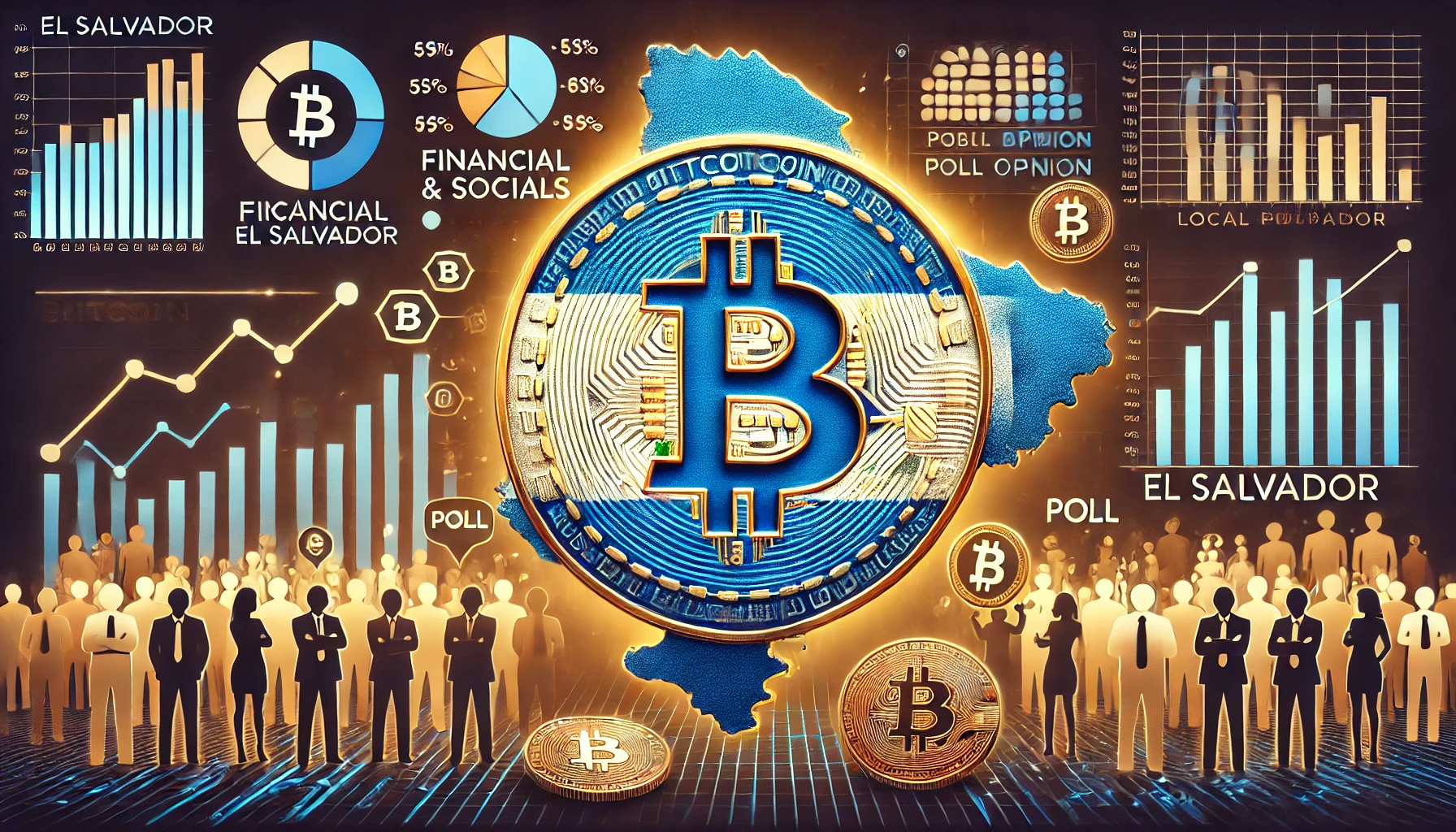- Over 70% of Salvadorans surveyed live in urban areas; the majority aged between 30-49 years express economic concerns.
- Employment data reveals only 29.5% of respondents work full-time; nearly 40% hold high school diplomas as their highest education.
October 2024 saw the unveiling of the “Rumbo País 2024” survey, a comprehensive probe into the perceptions and expectations of Salvadorans amidst the country’s challenges and realities. Conducted face-to-face, the survey gathered opinions from 1,224 individuals aged 18 and over, offering a detailed insight with a margin of error of ±2.8% and a confidence level of 95%.
Demographics and Socioeconomic Conditions
The findings indicated that a majority of 71.4% of respondents reside in urban areas, with a significant concentration in the age group of 30 to 49 years. Employment-wise, only 29.5% of participants are employed, and about 37.8% have education up to high school level, underscoring challenges in job availability and educational quality.
Additionally, 39.5% of those surveyed are single, and 45.7% report that their family budget is very tight, highlighting the economic precariousness many households face.
Political Perceptions and Institutional Trust
As in another report by Crypto News Flash, President Nayib Bukele receives a positive rating, averaging 8.43 out of 10, indicating considerable approval. The most trusted institutions among the citizens are the Armed Forces and the National Civil Police. Nevertheless, approval for the state of exception stands at 76.4%, despite 36.3% of respondents acknowledging wrongful arrests in their communities.
“On a scale of 0 to 10, where 0 is very poor and 10 is excellent, respondents give President Nayib Bukele an average rating of 8.43.”e of Bitcoin: “Only 7.5% of respondents use Bitcoin for transactions.” This suggests limited adoption among the surveyed population .
Economic Aspects and Future Expectations
Over half of the respondents rate their economic situation as average, and 87.4% have not received recent salary adjustments. The cost of food is the primary economic concern for 66.8% of participants, highlighting inflation and its impact on family budgets.
Regarding the future, 52.4% believe that improving education should be the top priority for the country’s advancement. Despite economic and social challenges, 58.2% of Salvadorans remain optimistic about the crypto country’s future.
The “Rumbo País 2024” survey provides a revealing portrait of El Salvador through its citizens’ perspectives, who face economic and social challenges yet maintain resilient hope for a better crypto future. The results underscore education improvement as a critical priority, essential for the nation’s sustained development.






















